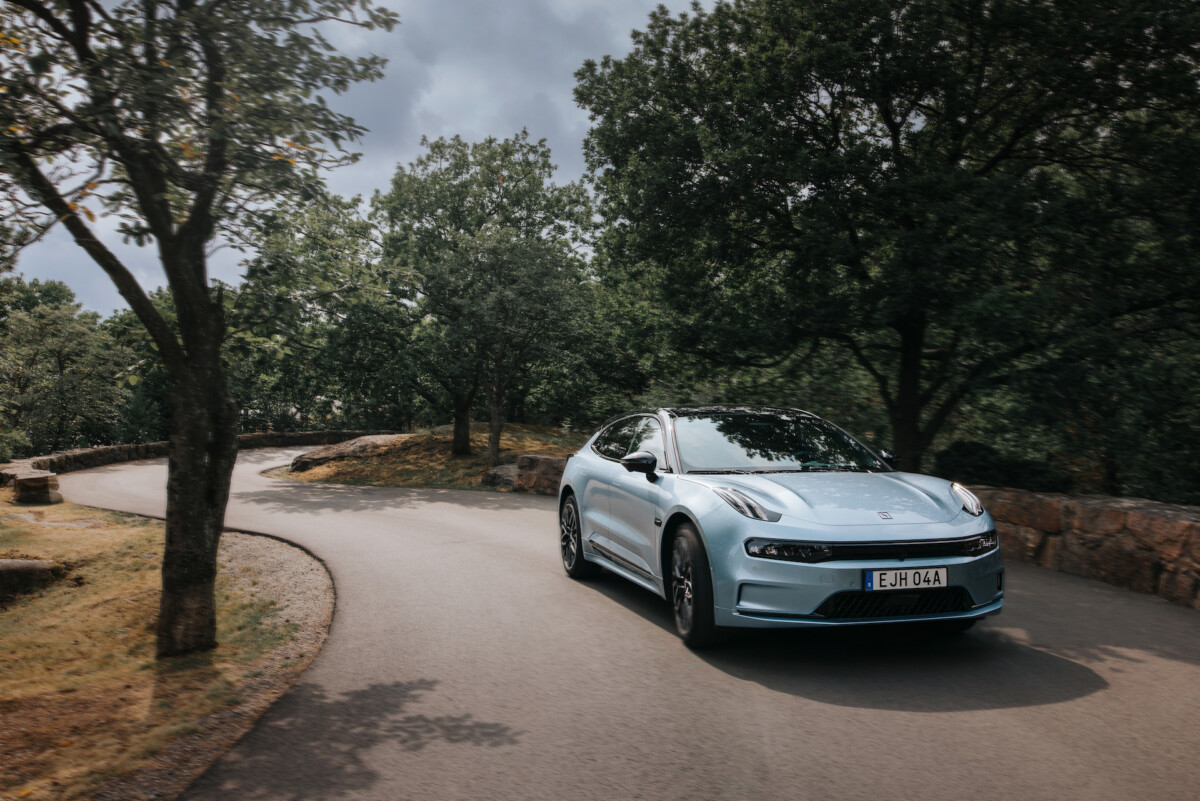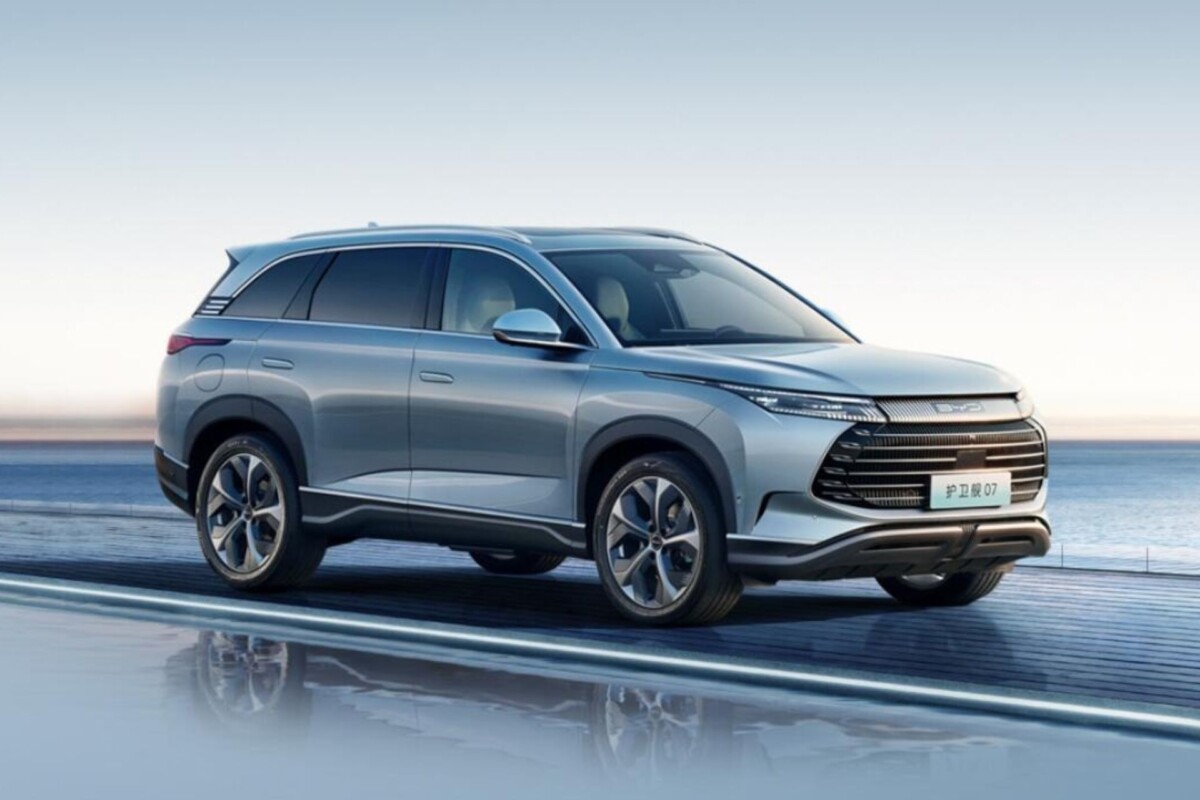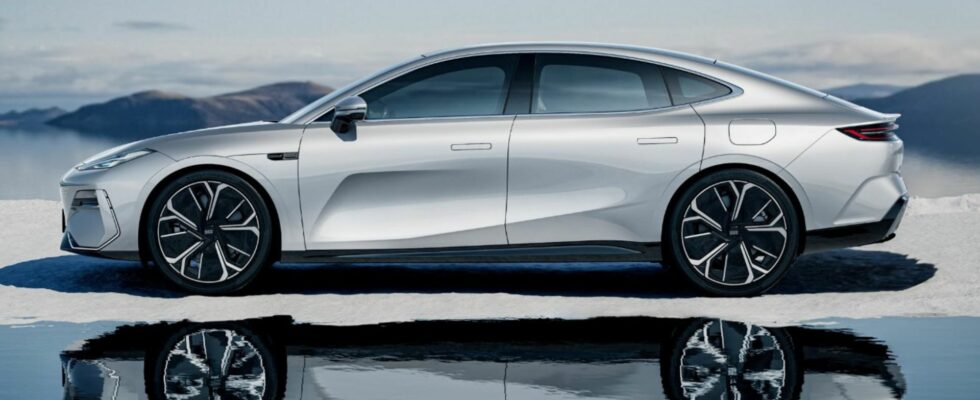The Chinese group Geely, which notably owns Volvo, Lotus, Polestar and Smart, but also a small part of Mercedes’ capital, will launch a plug-in hybrid car next year with an impressive range of 2,000 km.
The Chinese group Geely is advancing its pawns slowly but surely. After Volvo’s successful launch into the electric world, Geely is now tackling Lotus and Polestar, without forgetting Smart, while the group continues to invest in Mercedes and collaborate with Renault. From there to saying that Geely occupies every corner of the electric market, there is only one step.
But Geely isn’t just about electric cars. As proof, its Lyink & Co brand offers a plug-in hybrid model based on the Volvo XC40, while part of the Volvo and Lotus ranges are still thermal or hybrid. While Europe is preparing to ban thermal and hybrid models in 2035, Geely wants to offer alternatives to electric in regions of the world where the timing is a little less “tight”.
Big battery and cutting-edge aerodynamics?
And to do this, the group is pulling out all the stops and has already announced a platform with a plug-in hybrid powertrain allowing more than 2,000 km of autonomy according to the Chinese CLTC cycle. According to the European WLTP cycle, more severe than the CLTC cycle, we will have to count on 15 to 20% less if this model in question one day arrives on the Old Continent. That’s still around 1650 to 1700 km.

But how does Geely achieve such a result? By combining thermal and electric of course, but above all by undoubtedly integrating a large battery with one of the most efficient thermal engines, all combined with particularly sophisticated aerodynamics. The engineers also ensured that “the consumption of the thermal engine will not exceed 2 l/100 km”.
To achieve such a result, we imagine that this is undoubtedly a standardized mixed consumption, and that the battery will be one of the largest ever designed for a hybrid car. The model in question which will achieve such a result will undoubtedly be a large sedan with streamlined lines.
The hybrid, the solution to go far without stopping?
It is not uncommon today for manufacturers to announce more than 1,000 km of autonomy for some of their PHEV models. This is for example the case for the BYD Frigate 7, a large SUV which is announced with an autonomy of up to 1,200 kilometers thanks to its 1.5 liter thermal engine and a 36.8 kWh battery allowing it to travel more than 200 km entirely electric.

At Mercedes or even at Range Rover, PHEV models exceed 100 km on electric power without any problem, but the cars are equipped with smaller tanks and the autonomy does not necessarily reach 1,000 km. On the other hand, the plug-in hybrid diesel versions from Mercedes can achieve this without too many problems.
Let us remember, however, that plug-in hybrid cars are not necessarily a very good idea, as the European Commission has just pointed out. The reason: the enormous consumption of this type of car when their batteries are not sufficiently recharged.
